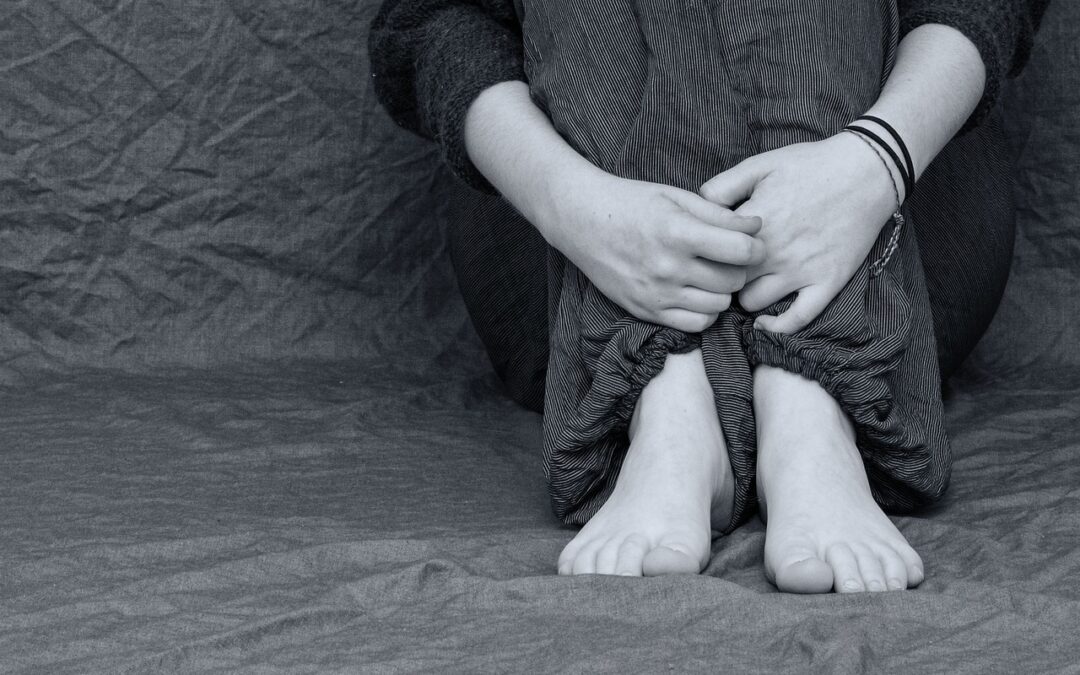Parenting has always been hard. Parenting now—with 24/7 news, social media comparison, academic pressure, and fewer village-style supports—can feel like running a marathon at sprint pace. Many of us end up expecting adult behavior from people whose brains aren’t done developing, and we’re surprised (and frustrated) when kids act like…kids.
If that’s you: you’re not alone. The Daily’s episode, “The Parents Aren’t All Right,” captures how modern parenting loads adults with pressure and guilt. It’s validating and very real.
🔗 Listen: https://www.nytimes.com/2024/10/09/podcasts/the-daily/parenting-stress.html
Why this is so hard (and so normal)
We’re human. Our reactions aren’t always calm and collected—especially when we’re tired, triggered, or scared.
Old stuff gets stirred. Parenting can activate our own childhood experiences—attachment wounds, trauma, or insecurities—which makes certain kid behaviors hit harder.
Kids are allowed to be kids. Children can be difficult, loud, messy, and a bit unruly as their brains develop and they learn how to navigate the world like kids do. That behavior isn’t “bad”—it’s information about their stage of growth. To understand your child’s developing brain more fully, along with practical parenting strategies, check out The Whole-Brain Child.
The teen brain is remodeling. Tweens/teens are in a major neural renovation phase: reward circuits are extra sensitive, circadian rhythms shift, and the prefrontal cortex (planning/impulse control) is still under construction. For a hopeful, practical deep-dive, we recommend Brainstorm by Daniel J. Siegel, M.D. (author site).
Is it “normal kid stuff” or a red flag?
Often within the range of typical (especially if brief and situational)
- Moodiness, eye-rolling, testing limits
- Messy rooms, sleep shifts, changing interests
- Isolated academic dips tied to a known stressor
- More privacy/alone time, rotating friend groups
Signs your child/teen may need extra support (especially if persistent or escalating)
- Marked changes in sleep, appetite, or energy for weeks
- Avoiding school/activities they used to enjoy
- Significant drop in grades/focus not explained by context
- Frequent panic, intense irritability, explosive outbursts
- Social isolation with distress or bullying concerns
- Risky behavior, substance misuse, self-harm talk/behaviors
- Hopelessness (“What’s the point?”) or other scary statements
Unsure where something falls? Trust your gut and get a consultation. You don’t have to figure it out alone.
When kids struggle at home, it often means parents need support too
One of the most consistent findings in family work: if a child is melting down regularly at home, it often signals the family system needs support—not blame, but support.
Parent sessions can:
- Offer a space to debrief without shame
- Build practical skills for co-regulation, boundaries, and follow-through
- Explore and soothe triggers so you can respond instead of react
How therapy helps teens (now and later)
- Coping skills that last into adulthood (emotion regulation, problem solving)
- Navigating social stressors (friend drama, identity, online pressure)
- An attuned, neutral adult—sometimes it’s easier to open up to someone who isn’t a parent
Spotlight: Working with Teens at Beach Cities Psychotherapy
Shannon Meena, ACSW is known for her ability to attune to teens—meeting them where they are with warmth, clarity, and real-world skills. She currently has limited openings.
👉 Request an appointment with Shannon
Prefer to start with parent support? We’ve got you. Even one or two sessions can reset routines, boundaries, and communication so home feels less like a minefield and more like a team effort.
Keep learning
🎧 The Daily: “The Parents Aren’t All Right” (Oct 9, 2024)
📘 Brainstorm: The Power and Purpose of the Teenage Brain — Daniel J. Siegel, M.D. (author site)
📗 The Whole-Brain Child — Daniel J. Siegel, M.D. & Tina Payne Bryson, Ph.D. (author site)
Serving the South Bay: Hermosa Beach, Redondo Beach, Manhattan Beach, El Segundo, Torrance, and Palos Verdes.
More From Beach Cities Psychotherapy...
❤️ Coffee, Croissants & CPR: Because We Care About Your Heart
At Beach Cities Psychotherapy, we care deeply about your emotional health — but this September, we want to take that care a step further… to your...
When Starbucks Disappears: A Lesson in Ritual, Loss & Rebuilding
Recently, I walked down the street from my office to grab a protein bar at the local Starbucks—and discovered something shocking: every Starbucks in...
Turning Transitions Into Opportunities for Growth
As August unfolds, the carefree rhythm of summer begins to shift. For many, this time of year brings the start of a new school year — and with it, a...




